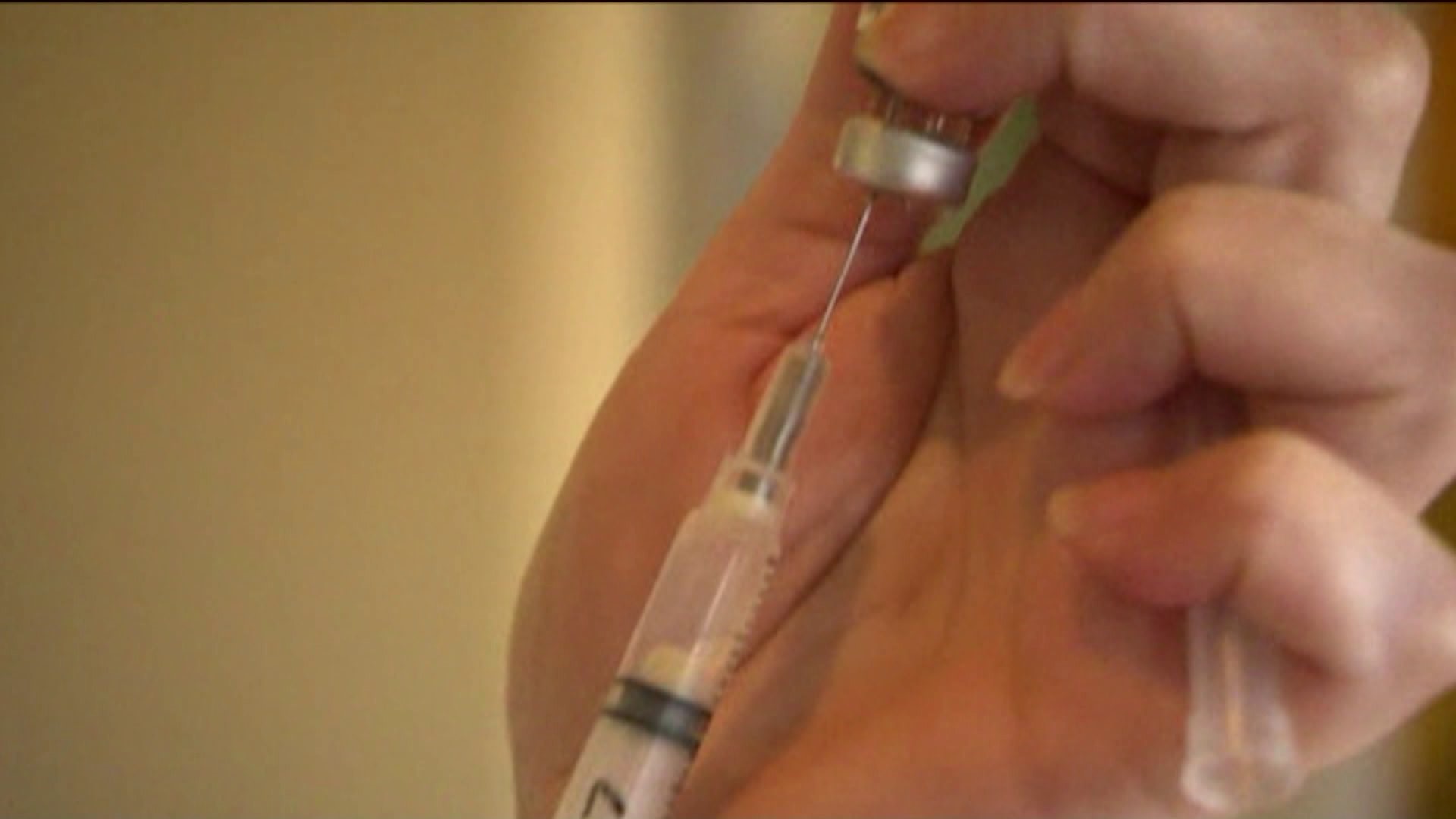HARTFORD -- Flu shots are ultimately a personal choice, for parents and their children, but those choices have a slight ripple effect on a person’s community, which makes them, to some degree, a community responsibility.
“I’ve had some discussions online with people who have said, ‘It’s not working as well, why should I bother’, and the answer, really is more people need to get the vaccine if it’s less effective,” said Nick Bennett, the head of the Infectious Diseases and Immunology Department at Connecticut Children’s Medical Center.
“We have kids with life-threatening immune deficiencies, for whom the vaccines just don’t work. We have kids on chemotherapy whom their prior immunity is gone, and if they were to get the flu the virus alone could land them in the hospital or even kill them," said Bennett.
Also, children under 6 months of age are ineligible for the flu shot, as are certain seniors. There is a fair segment of the population who can’t be protected directly by the flu shot, but they can be protected by it indirectly, through a phenomenon called Community Immunity, or Herd Immunity.
“Essentially, the more people that we can vaccinate in a confined area, the less chance of transmission,” said Dr. Jack Ross, the Chief of Infectious Disease at Hartford Hospital.
Imagine a flu virus trying to make its way to an unvaccinated baby. If that baby has a family of protected people around it, it will be harder for the virus to make its way there, considering it travels from person to person.
Add a second layer of protected people around the first layer, and it becomes harder still. This would not be a problem for the flu virus, except that it has a limited lifespan in a person before that person fights off and kills the virus, thus giving it a limited number of chances to find a path to that baby.
“If everyone around you is immunized, you bump into enough people and before you clear the virus and become non-infectious again, if everyone is immunized, you’re not going to spread it,” said Bennett.
Based on how contagious a virus is, a virus can be expected to die off in a group of people if enough people are successfully vaccinated – it’s usually expressed as a percentage of that group. That threshold would be where herd immunity kicks in.
“If all of us in the household are vaccinated, or eight of us are out of 10, the chance of any other people getting it in that setting drops to almost zero,” said Dr. Ross.
“Once you get above that threshold, statistically, you’re not going to have enough positive contacts in order to keep the epidemic going,” said Bennett.
The other key to that equation is successful vaccinations. If a person gets the flu shot, but it doesn’t take, that person won’t help the group reach the herd immunity threshold. Doctors Bennett and Ross said that’s why it’s even more imperative for people to get the flu shot when it’s less effective, as it is this flu season.
“If we immunized every single person in the country, and it was 30 percent effective, that’s basically the same as only immunizing 30 percent of the country with a perfect, 100 percent effective vaccine.” Bennett said.

